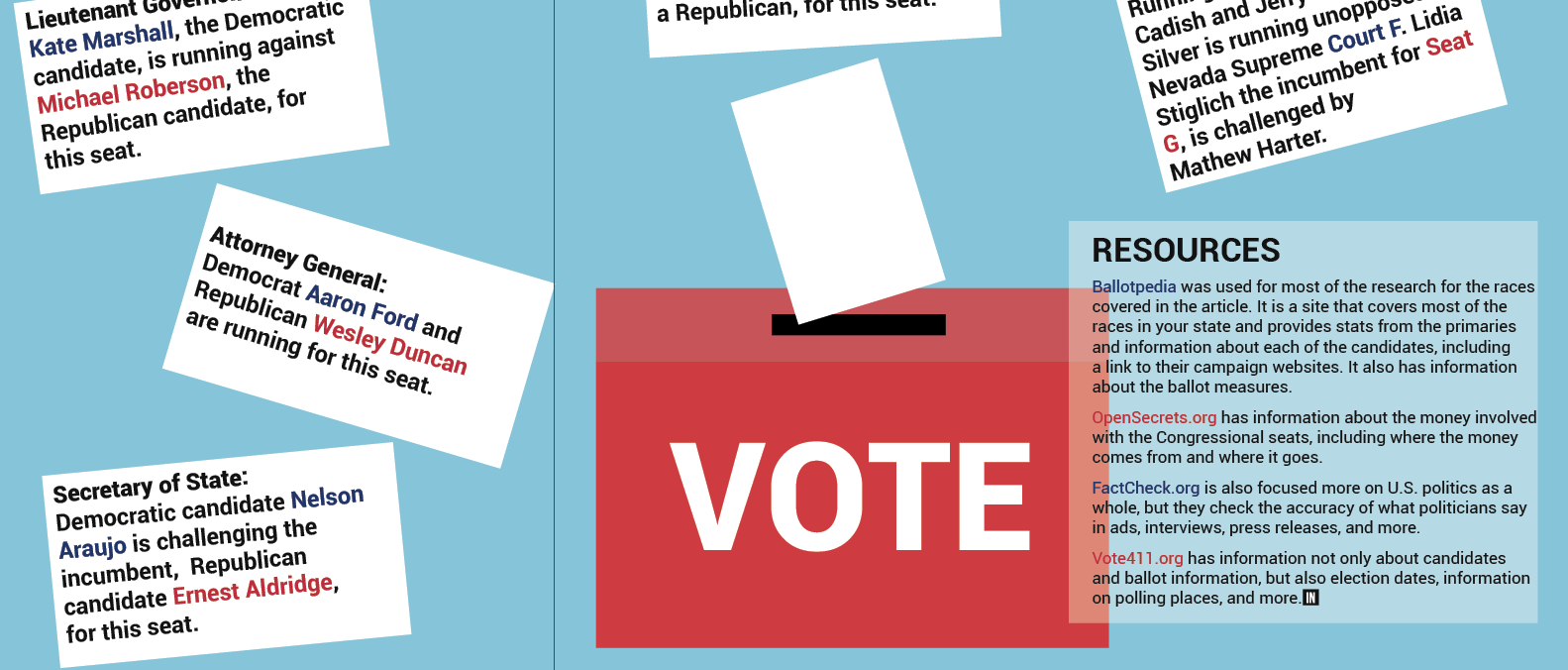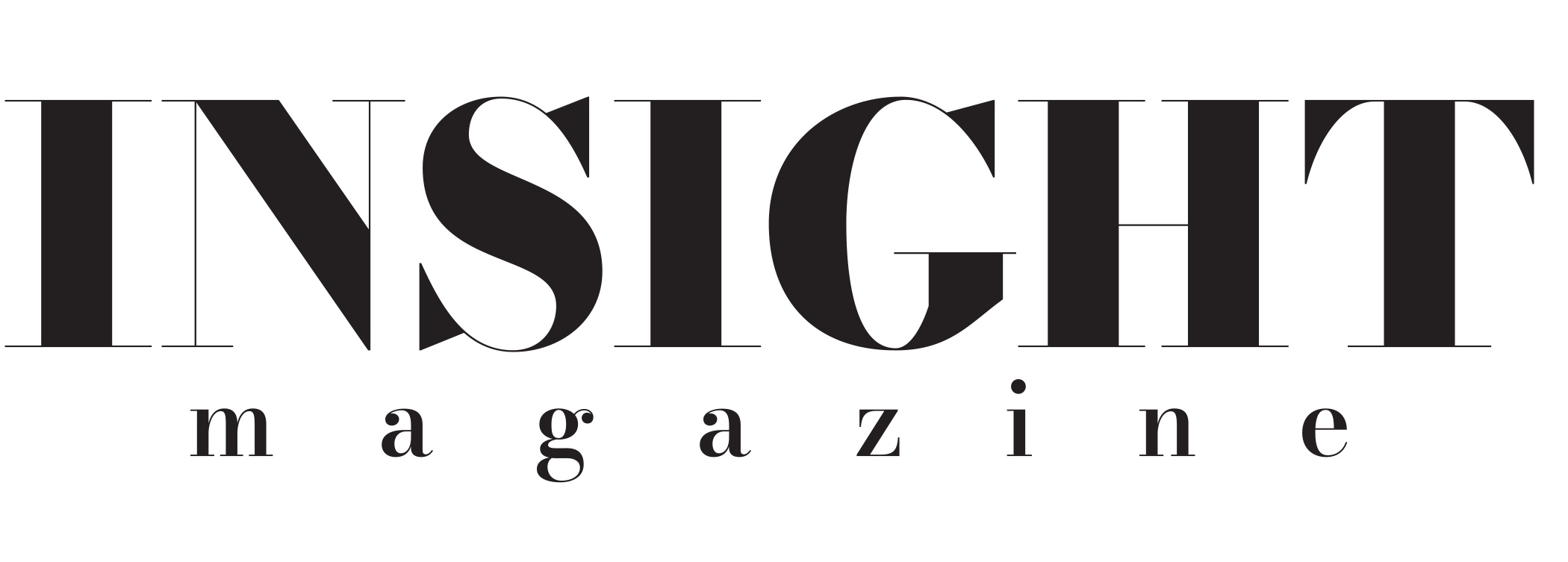
“If you are bored and disgusted by politics and don’t bother to vote, you are in effect voting of the entrenched establishments of the two major parties…In reality, there is no such thing as not voting: you either vote by voting, or you vote by staying home and tacitly doubling the value of some diehard’s vote.” -David Orster Wallace
It’s everybody’s favorite season: the one where someone asks if you’re registered to vote at least three times a day, and every other TV commercial is one candidate bashing the other. It’s the midterms, which means that Nevadans have the opportunity to change the leadership both in our state government and in the U.S. Congress.
According to a study by the Pew Research Center, the U.S.’s voter turnout rate falls behind that of the other members of the Organization for Economic Cooperation and Development, most of which are developed and democratic. Combine that with the fact that the voter turnout for midterm elections is even lower than that of presidential election years, and you’re looking at very little civic engagement.
Voting as a college student is important. Making voting a priority at a young age solidifies it as a positive habit that you will be more likely to engage in as you get older. College-aged and young Americans make up a huge part of the electorate, but they have some of the lowest voter turnout rates. Their participation has the power to influence election results, especially in a way that could prove favorable to their age group. This means lower college tuition and loan interest rates, LGBTQ+ rights, decreasing the cost of living, and many other policy issues.
Voting can be difficult. You want to make the right choices, but researching each candidate means sifting through the smear campaigns by the opposition and the sugar coating done by the supporters. The following is a list of the races of Nevada, including the candidates and their parties. At the end of end of list, there are a few resources that can help you get more information on the following candidates.
Races not covered include state executive offices (treasurer, controller, State Board of Regents), State Senate (11 seats up for election, out of 21), State Assembly (all 42 seats up for election), local judges, school boards, and municipal races.
U.S. Senate (Class 1 seat):
Dean Heller is the Republican candidate and current incumbent for this seat. Jacky Rosen is the Democratic candidate challenging Heller.
Governor:
Perhaps one of the most visible seats, the governor’s race pits Democratic candidate Steve Sisolak against Republican candidate Adam Laxalt.
Lieutenant Governor:
Kate Marshall, the Democratic candidate, is running against Michael Roberson, the Republican candidate, for this seat.
Attorney General:
Democrat Aaron Ford and Republican Wesley Duncan are running for this seat.
Secretary of State:
Democratic candidate Nelson Araujo is challenging the incumbent, Republican candidate Ernest Aldridge, for this seat.
U.S. House District 1:
Dina Titus, the Democratic candidate, is the current incumbent for this seat. Her challenger is Joyce Bentley, the Republican candidate.
U.S. House District 2:
Mark Amodei, the Republican candidate, is the current incumbent for this seat. Clint Koble, his challenger, is the Democratic candidate.
U.S. House District 3:
Susie Lee, a Democrat, is running against Danny Tarkanian, a Republican, for this seat.
U.S. House District 4:
Both Steven Horsford, the Democratic candidate, and Cresent Hardy, the Republican candidate, have held this position in the past and are now both running for the seat.
Supreme Court:
Running for Seat C is Elissa Cadish and Jerry Tao. Abbi Silver is running unopposed for Nevada Supreme Court F. Lidia Stiglich the incumbent for Seat G, is challenged by Mathew Harter.
RESOURCES
Ballotpedia was used for most of the research for the races covered in the article. It is a site that covers most of the races in your state and provides stats from the primaries and information about each of the candidates, including a link to their campaign websites. It also has information about the ballot measures.
OpenSecrets.org has information about the money involved with the Congressional seats, including where the money comes from and where it goes.
FactCheck.org is also focused more on U.S. politics as a whole, but they check the accuracy of what politicians say in ads, interviews, press releases, and more.
Vote411.org has information not only about candidates and ballot information, but also election dates, information on polling places, and more.
